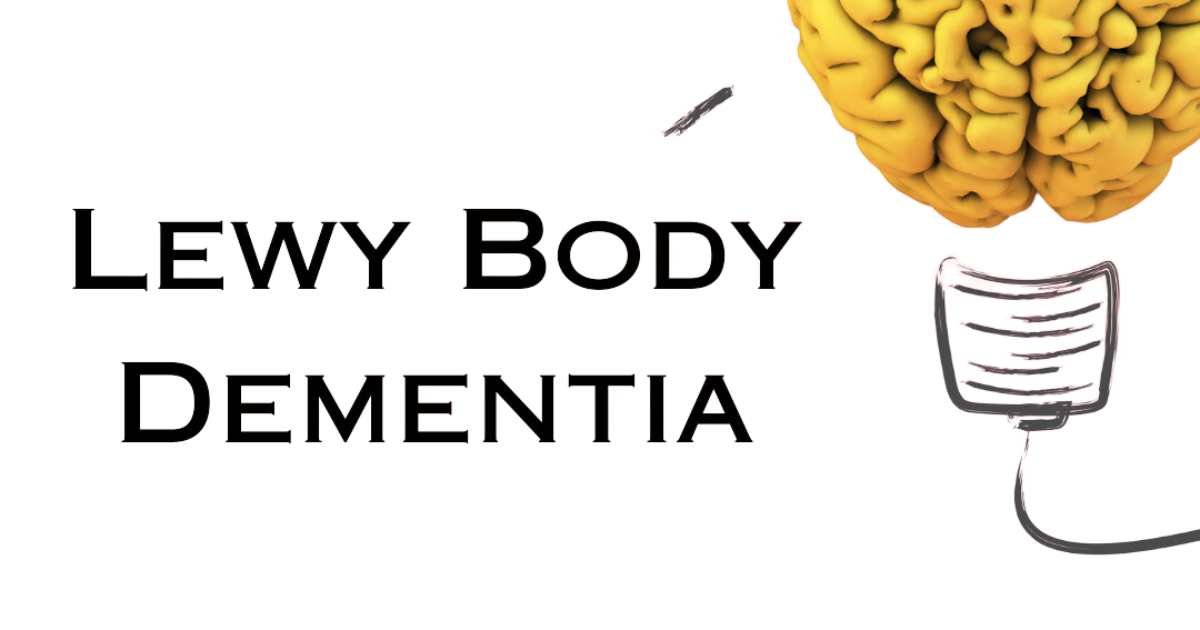Lewy Body Dementia (LBD) is a complex and challenging condition that affects millions of people worldwide. In this article, we will delve into the seven stages of Lewy Body Dementia, providing a thorough understanding of the progression of this neurodegenerative disease. From the initial symptoms to advanced stages, we will explore each phase in detail, shedding light on the impact it has on individuals and their loved ones.
Table of Contents
Stage 1: Early Signs and Symptoms
In the early stages, individuals may experience subtle changes in cognitive function and mood. Memory lapses, confusion, and mild fluctuations in alertness become noticeable. Loved ones might attribute these changes to stress or aging, often overlooking the possibility of a more serious underlying condition.
Stage 2: Mild Cognitive Decline
As Lewy Body Dementia progresses, cognitive decline becomes more evident. This stage is characterized by increased difficulty in concentration, memory loss, and challenges in problem-solving. Individuals may struggle with daily tasks, leading to a growing sense of frustration and concern.
Navigating the Maze of Cognitive Challenges
Understanding the maze of cognitive challenges is crucial at this stage. We recommend seeking professional guidance and support groups to help individuals and their families cope with the evolving symptoms.
Stage 3: Moderate Cognitive Decline
The third stage marks a significant decline in cognitive abilities. Memory loss becomes more pronounced, affecting both short-term and long-term recall. Individuals may experience hallucinations, further complicating their daily lives.
Stage 4: Increased Dependence and Behavioral Changes
During this stage, individuals become increasingly dependent on others for daily activities. Behavioral changes, such as irritability and aggression, may surface. Caregivers play a crucial role in providing support and maintaining a safe environment.
Caring for Behavioral Changes
Professional caregivers and family members should focus on creating a supportive and understanding environment. Behavioral interventions and medications may be considered under the guidance of healthcare professionals.
Stage 5: Severe Cognitive Decline
In the severe cognitive decline stage, individuals may lose the ability to perform basic tasks independently. Communication becomes challenging, and disorientation is common. Caregivers face the difficult task of adapting to the changing needs of their loved ones.
Stage 6: Advanced Dependence and Loss of Motor Skills
Advanced dependence sets in during this stage, with individuals requiring assistance for most activities of daily living. Loss of motor skills and muscle rigidity become prominent, significantly impacting mobility and coordination.
Adapting Home Environments
Modifying home environments with safety features becomes imperative. Collaborating with healthcare professionals can aid in creating a space that caters to the unique needs of individuals in this stage.
Stage 7: End-Stage Lewy Body Dementia
The final stage is marked by a profound decline in physical and cognitive functions. Individuals may become bedridden and experience a loss of speech. End-of-life care and support for both individuals and their families are crucial at this challenging juncture.
Conclusion
Navigating the stages of Lewy Body Dementia requires compassion, understanding, and a comprehensive approach to caregiving. As we witness the evolving challenges, it is essential to adapt strategies, seek professional guidance, and foster a supportive community for both individuals and their caregivers.
FAQs
Can Lewy Body Dementia be prevented?
While there is no known way to prevent LBD, a healthy lifestyle may reduce the risk of developing neurodegenerative conditions.
What role do medications play in managing Lewy Body Dementia?
Medications can help alleviate certain symptoms, but their effectiveness varies. Consultation with healthcare professionals is crucial.
How can caregivers cope with the emotional toll of caregiving?
Caregivers should prioritize self-care, seek support from friends and family, and consider joining caregiver support groups.
Are there experimental treatments for Lewy Body Dementia?
Some experimental treatments are being explored, but their efficacy and safety are yet to be fully established.
Is genetic testing available for Lewy Body Dementia?
Genetic testing may provide insights into the risk of developing LBD, but it is not a definitive diagnostic tool.





